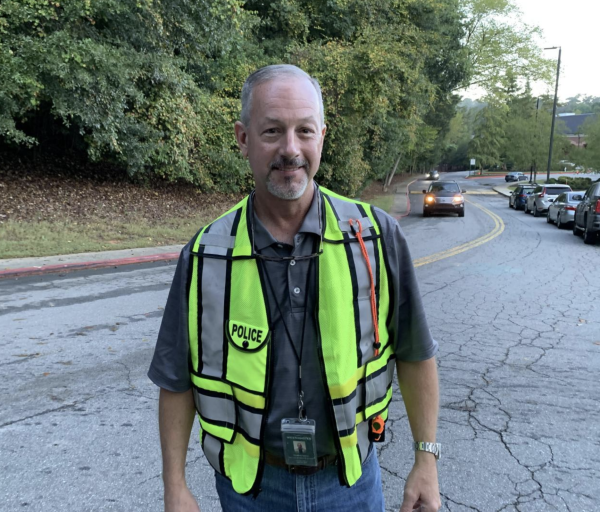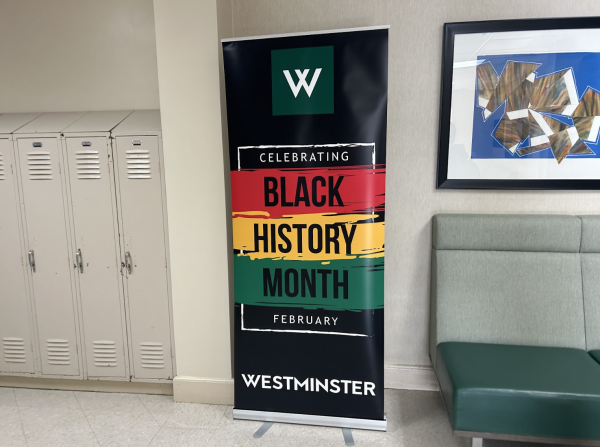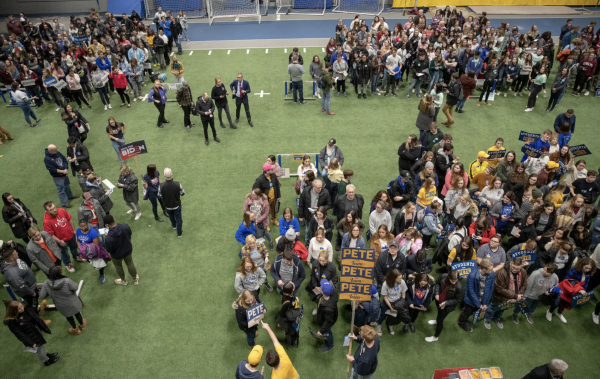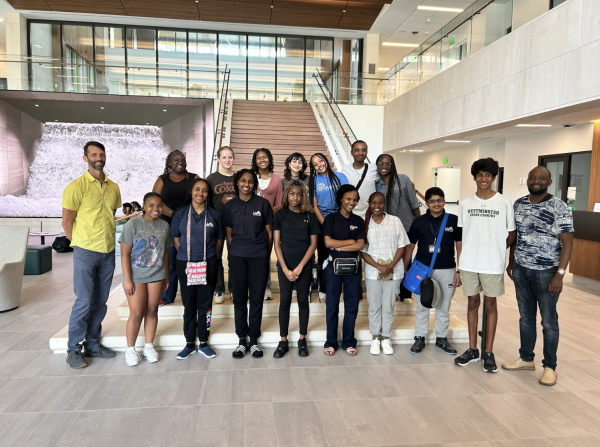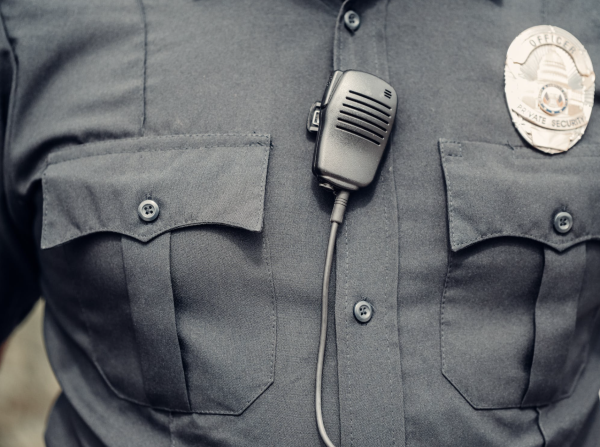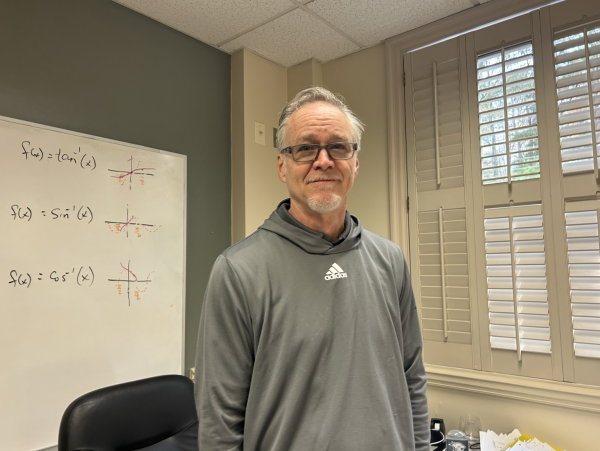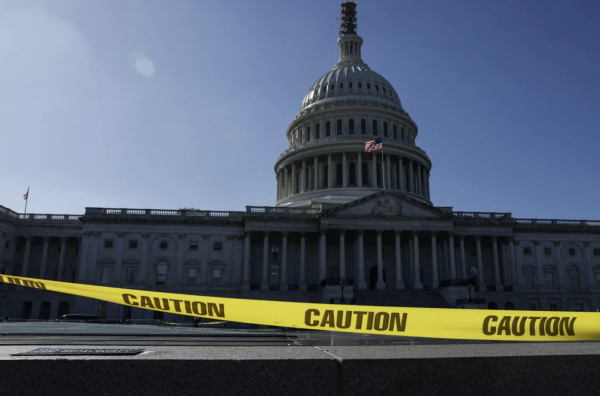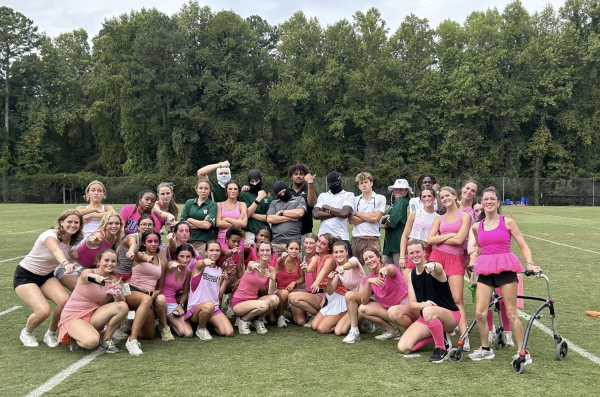Cancelled 24-Hour Relay ignites controversy
This past winter, the 24-Hour Relay was cancelled because of a lack of teacher volunteers to chaperone the event. The 24-Hour Relay is an annual race in December to raise funds for cystic fibrosis research. Cystic fibrosis is a life-threatening disorder due to a defective gene that causes a thick buildup of mucus in the lungs, pancreas, and other organs. Almost 30,000 Americans have cystic fibrosis.
In the event, teams of ten stay at the Westminster track for a full 24 hours, taking turns running miles for the entire event. In reaction to the unprecedented cancellation, students started a petition which gained over 80 supporters but ultimately did not change the cancellation.
Supporters of the 24-Hour Relay love the sense of community provided by the relay and missed the tradition.
“The relay promotes unity,” said senior James Dickey. “A lot of people do it, and they sign up, and they get excited for it. I’ve done it for three years, and it has always been a highlight of the year.”
Dickey, like most others who have participated for years, were dissapointed with the cancellation.
“The problem this year was that the event was too popular,” said Dickey. “So they cancelled the event. That doesn’t make sense. You cancel events because not enough people want to do it, not too many people want to do it.”
Sophomore Hampton Maxim agreed with Dickey.
“It unites the Westminster community once a year to work together for the cause of cystic fibrosis,” said Maxim. “The reason it’s been here for such a long period is that everyone loves it.”
Seniors Sawyer Uzzell and Ellen Buchanan and junior Kate Miller were in charge of planning this year’s event.
“I think this is a really important Westminster tradition because it was started by Coach Kosh because he had a family member that was affected by cystic fibrosis,” said Uzzell. “The relay raises money and awareness for cystic fibrosis. And I thought it was especially important to continue the relay this year because Coach Kosh just passed away in 2016 so we wanted to honor him and what he was doing for cystic fibrosis. Hopefully, the relay will come back next year.”
Although roughly the same number of teachers volunteered for this year’s event, the administration prevented this year’s event from occurring. Due to an insurance policy, Westminster must have a 7:1 student-to-faculty ratio at all times. For this year’s event, 78 students signed up, compared to just 11 teachers. Since these teachers would not be staying for the whole 24 hours, they would just do two-to-three hour shifts. Teachers can stay for longer, but most would prefer to not stay for massive periods of time on their break. With eight teachers needed per shift many volunteers would have been neccesary for the relay to work.
“I think [the ratio] is stupid. An adult is an adult. A teacher isn’t more qualified to chaperone the 24-Hour Relay than a parent,” said senior Edward Holliday. “You don’t have to be qualified to sit there and watch students run.”
Holliday was also dissapointed in the lack of enthusiasm from teachers about the relay.
“Quite frankly, I think it’s absurd,” said Holliday. “I’m disappointed in the administration. They couldn’t have had more teachers come for two to three hours? It’s in memory of Paul Koshua, and it kind of looks bad when you don’t have enough teachers show up the year after he passed away. You would think this would be the year it soars and interest booms, but clearly the teachers are being a bit apathetic.”
Dean of girls Tiffany Boozer was also disappointed that the event had to be cancelled, as she once ran in the event, but she stands by the ratio.
“The ratio is an insurance requirement,” said Boozer. “It’s just a good way of making sure there is a proper faculty-to-student ratio for everyone’s safety.”
Westminster has never had more than 20 teacher volunteers, but Boozer believes that the ratio was not enforced as stringently in years past.
“I don’t believe it is a new policy, but I don’t think it’s been enforced the way it should have been in the past,” said Boozer. “This is just the first year when I asked a question about it, and we dug in and we found out it wouldn’t work this year.”
The safety of the students is of course an important concern for the administration. Although Uzzell understands the insurance policy, she is still disappointed.
“We understand from an insurance and safety standpoint that the ratio is important, but it is frustrating to have to cancel a longstanding tradition that’s raising money and awareness,” said Uzzell. “We weren’t aware of this rule, so couldn’t plan accordingly.”
Although the event time period has already passed, some students remain hopeful that the event can happen in the spring.
“There’s no reason it can’t happen in the spring,” said sophomore Victoria Flowers. “The weather would be better. One of my friend’s cousins has cystic fibrosis, so it’s a cause that is really really important to me. I was very dissapointed that it was cancelled this year.”

